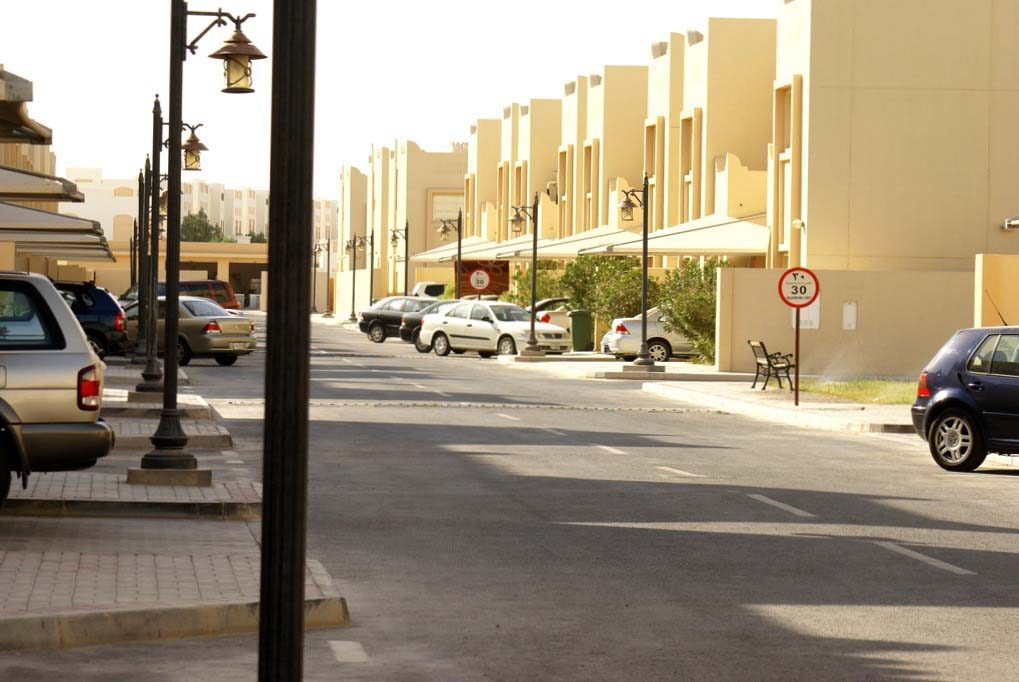
As residential rent continues to climb in Qatar, an increasing number of employers are looking to cut costs by offering their staff housing allowances instead of company-provided accommodation, a local real estate expert has said.
The move is likely to cause short-term frustration for some of the affected expats, as many residents say allowances fail to cover the actual cost of housing in Qatar.
But Edd Brookes, the general manager of commercial real estate firm DTZ Qatar, said tenants may benefit from the shift in the long run.

According to Brookes, many landlords are currently sitting on large blocks of vacant units in hopes of leasing them to a single company.
As fewer firms sign for these bulk rentals, more flats and villas should enter the market as building managers become more willing to lease to individuals, he said.
For example, there are thousands of new homes planned or in various stages of construction in and around Doha, particularly in large-scale development projects such as Lusail, Msheireb and the Pearl-Qatar.
Speaking to Doha News on the sidelines of last week’s Cityscape real estate conference, Brookes said the shift could also lead to better property standards:
“Where you have individuals (leasing units), they’ll tend to have a stronger voice and not be so tolerant as a (company providing employee accommodations) who might be more remote,” he said. “If you have an individual in there … it will be in the landlord’s advantage to make sure their facility management services are good.”
Not keeping pace
While specific figures are hard to come by, Brookes estimated that currently, Qatar’s rental real estate market is more or less evenly split between individual renters and employers leasing accommodation for their staff.
However, many local companies – particularly those in the oil and gas industry – are looking to cut costs by getting out of the real estate business and giving employees housing allowances instead.

Brookes said this trend is appearing in the form of companies subleasing their residential units as employees turn over.
Incoming staff are given housing allowances rather than the vacated unit, which companies lease out to others for the remainder of the term in an attempt to recoup some of their costs and save money down the road.
But with residential rent rising between 5 and 10 percent over the last six months – a trend that DTZ expects to continue through the remainder of 2015 – some Qatar residents say their housing allowances are failing to keep pace.
This week, a study of salaries in the Middle East and North Africa (MENA) by online recruitment company Bayt.com and market research agency YouGov found that 85 percent of Qatar respondents said they felt the cost of living in this country rose during 2014.
However, more than a third (38 percent) said they did not get any increase in their salaries during the year to compensate.
Of those who felt their daily costs had gone up last year, more than a quarter (27 percent) said their expenses had increased by more than 20 percent.
Higher rent, food and utility bills were the key reasons for the increased costs, respondents said.
Would you prefer to receive a housing allowance or accommodation from your employer? Thoughts?







